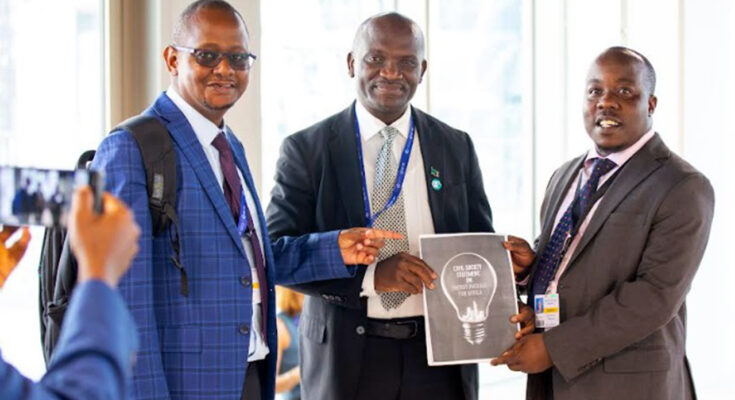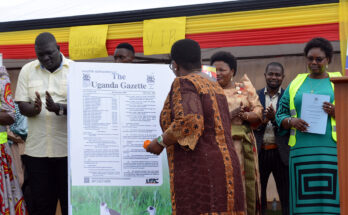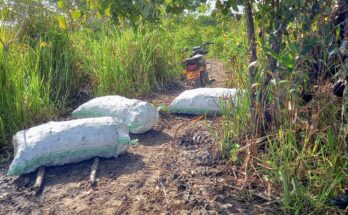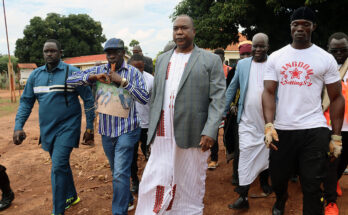As climate negotiations at the COP28 enter the homestretch in Dubai, African Civil Society Organisations (CSOs) and delegates from climate-hit communities have called for the tripling of renewable energy in Africa, more focus on adaptation and increased adaptation finance to the continent.
The organisations, led by 350.org, Power Shift Africa and ACCESS Coalition, have urged the negotiators to push for an outcome that “will yield a fast, fair and fully-funded transition from fossil fuels”. The current fossil fuel-based energy system in Africa, they noted, has failed to deliver energy access to the continent while leaving more than half a billion Africans energy-poor.
“This COP is not the place to protect countries’ selfish interests. Taking such a position would be absurd. This COP should be a place to forge collaborations that allow all countries to phase out fossil fuels,” said Amos Wemanya, Lead, Just Transitions, Power Shift Africa.
“It is time for everyone at this COP to call out the energy system that is responsible for the climate crisis the world is currently experiencing. There is nothing like abated or unabated fossil fuels. We know the source of the climate crisis. We must address emissions from the source. We must also phase out subsidies and other financial support for fossil fuels. It is also important to cease using convenient language such as efficient or inefficient energy forms”.
The ongoing negotiations are happening against the background of crippling climate change events that have devastated various parts of the East African region. In Uganda, for instance, harsh weather conditions – characterized by erratic rains and sizzling temperatures – have made it tough for smallholder farmers to grow crops with reliable harvests. Add to that, in the Albertine region, floods continue to rip through people’s homes and farmlands after huge swathes of trees were slashed to pave way for the East African Crude Oil Pipeline (EACOP).
Meanwhile, in Kenya, recent floods have also claimed more than 350 lives and displaced a million people in Kenya and Tanzania. The Horn of Africa region has been recovering from a drought that ended in April, billed by climate experts as the longest and most devastating in four decades.
Burning fossil fuel – contributing to planet-heating greenhouse gasses – is the major driver of climate crises. Despite that, Uganda remains determined to be among the major exporters of crude oil upon completing the 1,443km oil pipeline (EACOP) which will have the potential to emit 35 million tonnes of carbon emissions into the atmosphere.
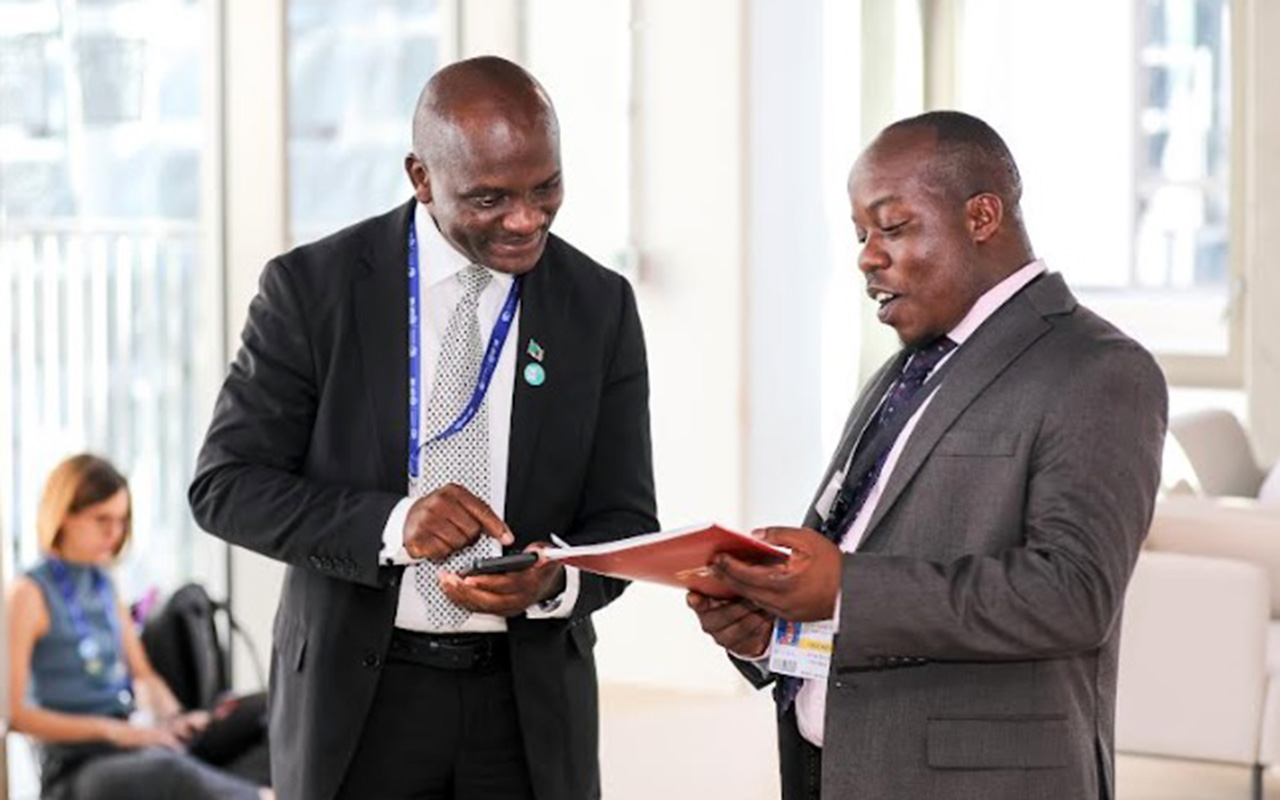
Experts fear that the continued expansion of dirty energy projects across the globe will only worsen climate change effects on vulnerable communities. A new study released at the COP28 shows that at least 918 protected areas have ongoing or planned fossil fuel extraction projects within their boundaries globally, with a total of 2,337 active or proposed oil, gas, and coal extraction projects.
“African leaders must reject distractions such as oil and gas expansion projects in the name of energy access and job creation on the continent. Doing so will only worsen the suffering of vulnerable communities in Africa who lack access to energy to date. Instead, this climate conference must reflect a strong commitment to tripling renewable energy in Africa. Our leaders must also push for a clear path to adaptation at COP28 to allow frontline communities to cope better with climate shocks,” said Portia Adu Mensah, National Coordinator of 350 Ghana Reducing Our Carbon.
For the past decade, Africa has received about two percent (about $60 billion) of investment received for renewable energy development according to a Renewable Energy Market Analysis report. However, the African civil society says more funding is needed for a swift transition to clean energy, adding that the previous investment has been “unfair, unjust and unacceptable”.
To be specific, the CSOs stressed, that renewable energy has to be scaled up to more than 15,000 GW by 2030 or an average of 1500 GW annually to keep the 1.5°C temperature target within reach. This move can be also be cemented by political support and a shift in policy and investment, they added.
In September during the Nairobi Declaration of the Africa Climate Summit, African leaders noted that meeting the renewable energy target by 2030 would require an estimated $600 billion – which translates to a tenfold increase in finance flowing into Africa’s renewable energy sector over the next seven years.
They stated that only strong phase-out language and clear commitments in the outcome text will accelerate and deliver an equitable and just transition for Africa. Under this arrangement, the CSOs added, those responsible for historic emissions, namely developed countries like the US and the UK, will have to phase out fossil fuels first while allowing more time for vulnerable countries to get sufficient time and climate finance to develop their renewable energy systems.
Cristina Rhumabitis, Adaptation and Resilience expert at the UN Foundation, noted that the framework for the Global goal on adaptation (GGA)– which is meant to strengthen resilience and reduce vulnerability towards climate-related impacts – would be the most important outcome expect to see from this COP.
“We need this framework, with clear targets and financing behind it, to be a guiding star for adaptation. The framework has to send a clear message to politicians and decision-makers at all levels that urgent action is needed to get climate-ready.
Last week, the CSOs issued a joint statement calling upon the Global North to commit to meeting the renewable energy targets for Africa.
This story was produced with assistance from MESHA and IDRC Eastern and Southern Africa Office for science journalists reporting on COP28.

